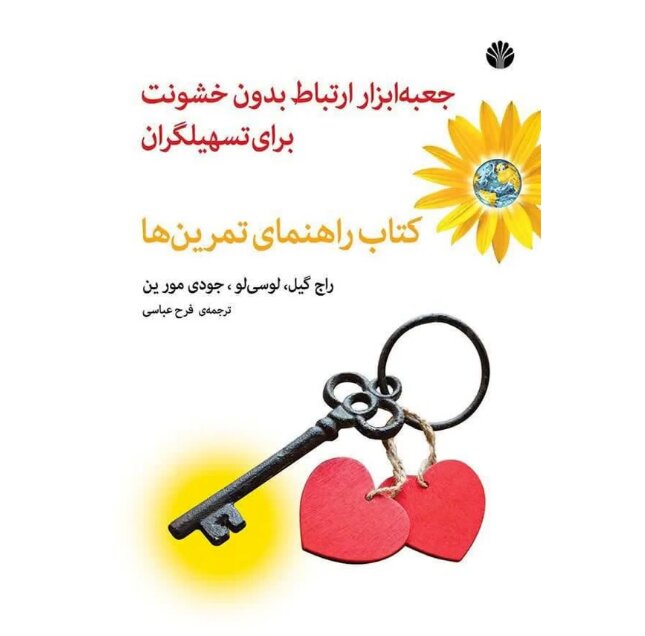“Nonviolent Communication (NVC) Toolkit for Facilitators” published in Persian

TEHRAN-The Persian translation of the book “Nonviolent Communication (NVC) Toolkit for Facilitators” written by Judi Morin, Raj Gill, and Lucy Leu has been released in the Iranian book market.
Akhtaran Books has published the title in 376 pages with a translation by Farah Abbasi, ILNA reported.
Internationally respected NVC trainers, Judi Morin, Raj Gill, and Lucy Leu have come together to codify over 20 years of training experience in one hands-on nonviolent communication facilitator guide. Whether you’re a new facilitator, a seasoned trainer looking to incorporate a more experiential approach or a team of trainers, the NVC Toolkit has a wealth of resources for you.
By breaking NVC down into 18 key concepts, this Toolkit provides succinct teaching tools that can be used on their own for shorter sessions, or combined for long-term or multi-session training.
Nonviolent Communication (NVC) is an approach to enhanced communication, understanding, and connection based on the principles of nonviolence and humanistic psychology. It is not an attempt to end disagreements, but rather a way that aims to increase empathy and understanding to improve the overall quality of life.
It seeks empathic dialogue and understanding among all parties. Nonviolent communication evolved from concepts used in person-centered therapy and was developed by clinical psychologist Marshall Rosenberg beginning in the 1960s and 1970s.
NVC is a communication tool with the goal of first creating empathy in the conversation. The idea is that once people hear one another, it will be much easier to talk about a solution that satisfies all parties' fundamental needs. The goal is interpersonal harmony and obtaining knowledge for future cooperation. Notable concepts include rejecting coercive forms of discourse, gathering facts through observing without evaluating, genuinely and concretely expressing feelings and needs, and formulating effective and empathetic requests. Nonviolent communication is used as a clinical psychotherapy modality and it is also offered in workshops for the general public, particularly with regard to seeking harmony in relationships and at workplaces.
SS/SAB

Leave a Comment